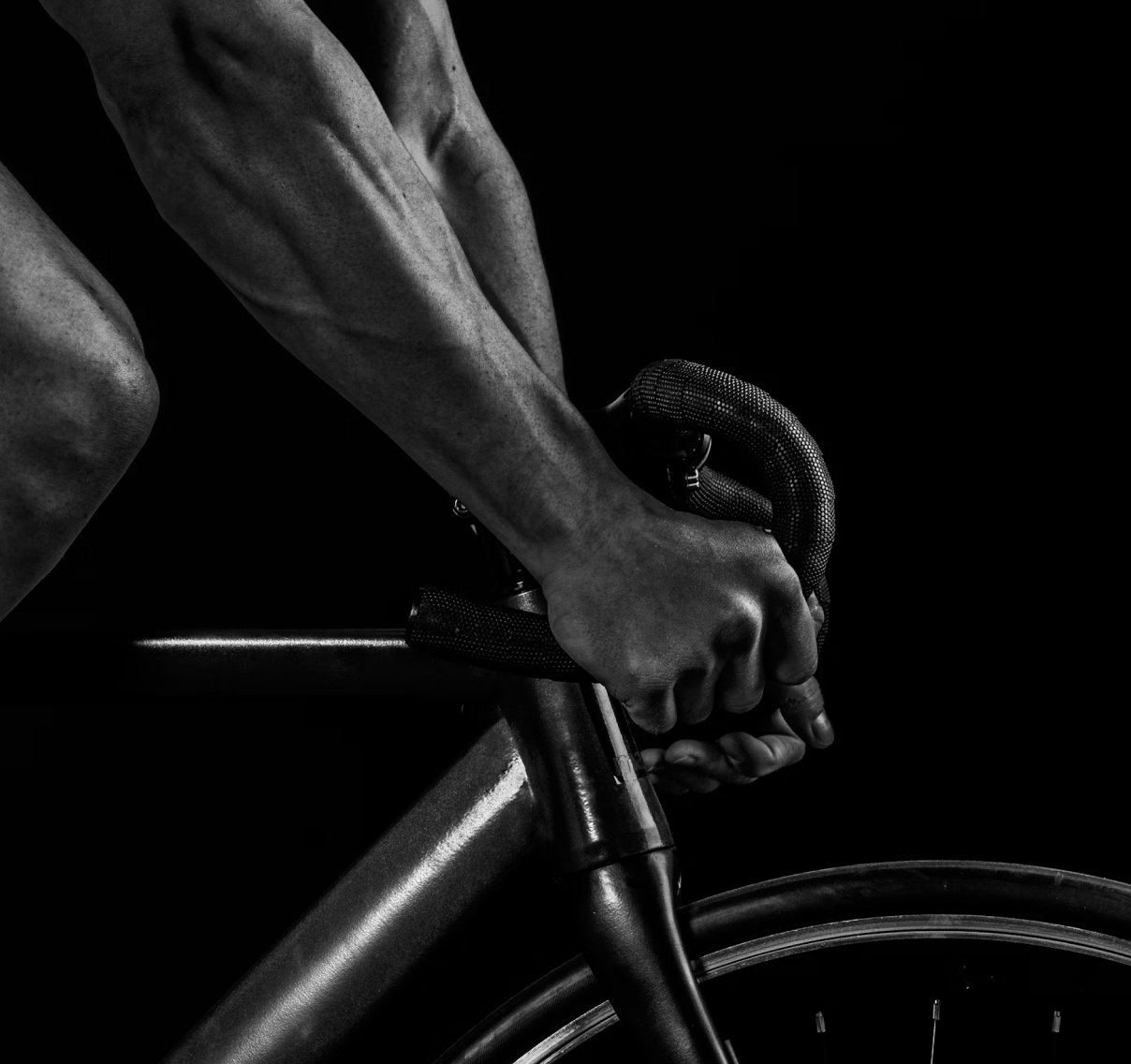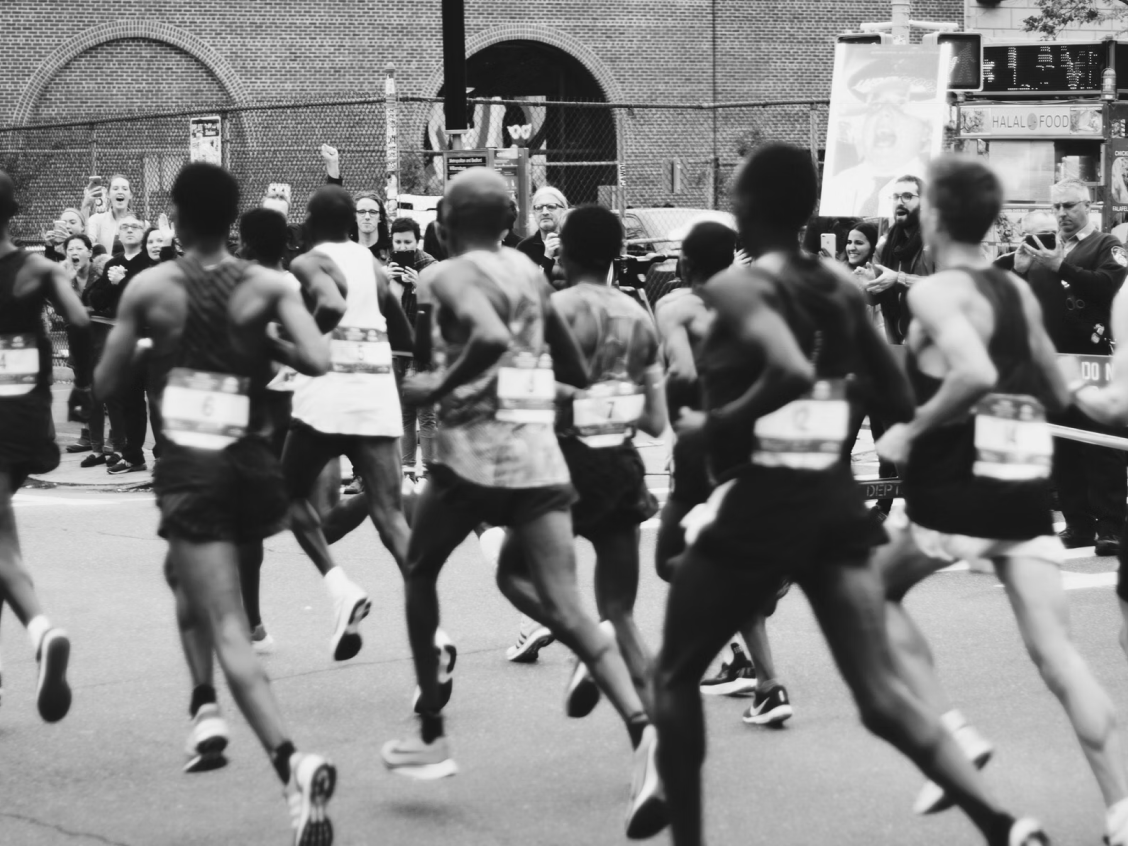The blog
Fragen sollen die Teilnehmenden dazu anregen, die Bedeutung und die Möglichkeiten des Leerraums
Training for an Ironman—a grueling competition consisting of a 2.4-mile swim, a 112-mile bike ride, and a 26.2-mile marathon.

Author Name
@alicia_96

8 min. read
8 min. read
001
First, let’s demystify the Ironman. It’s more than just an athletic contest; it's a test of mental fortitude, physical strength, and strategic planning. Knowing each segment's demands is essential to tailor your training effectively.
The journey begins with base training, which should start at least 12 months before the event. This phase focuses on building a solid aerobic foundation with low-intensity, high-volume workouts. Aim for:
-
Swimming: Start with 2-3 sessions per week
Cycling: Incorporate long rides (3-5 hours) at a comfortable pace
Running: Begin with shorter runs, and slowly increase the distance
Training for an Ironman is an extraordinary journey that tests the limits of what you can achieve. With the right preparation, it can also be incredibly rewarding. Remember to listen to your body, adapt your training as necessary, and above all, maintain a positive and resilient mindset.
As you cross the finish line, you’ll not only have completed one of the toughest endurance events in the world, but you'll also have proven to yourself just how much you are capable of achieving.
Training for an Ironman is an extraordinary journey that tests the limits of what you can achieve. With the right preparation, it can also be rewarding.
Author Name — Role
The last 2-3 months before the race are the peak phase. This is when you should be doing your longest and hardest workouts, simulating race conditions as much as possible. Engage in long-distance rehearsals of each sport and combine all three sports at least once to practice race-day nutrition, pacing, and transitions.
Nutrition
002
Your daily nutrition should focus on a balanced diet rich in carbohydrates, proteins, and healthy fats, with carbohydrates being particularly important as they provide the energy needed for long training sessions.
Develop a hydration strategy that keeps you replenished without causing discomfort, especially during the bike and run segments. It's crucial to practice your nutrition during training to avoid gastrointestinal issues on race day, using energy gels, bars, and sports drinks that you intend to use during the competition.



